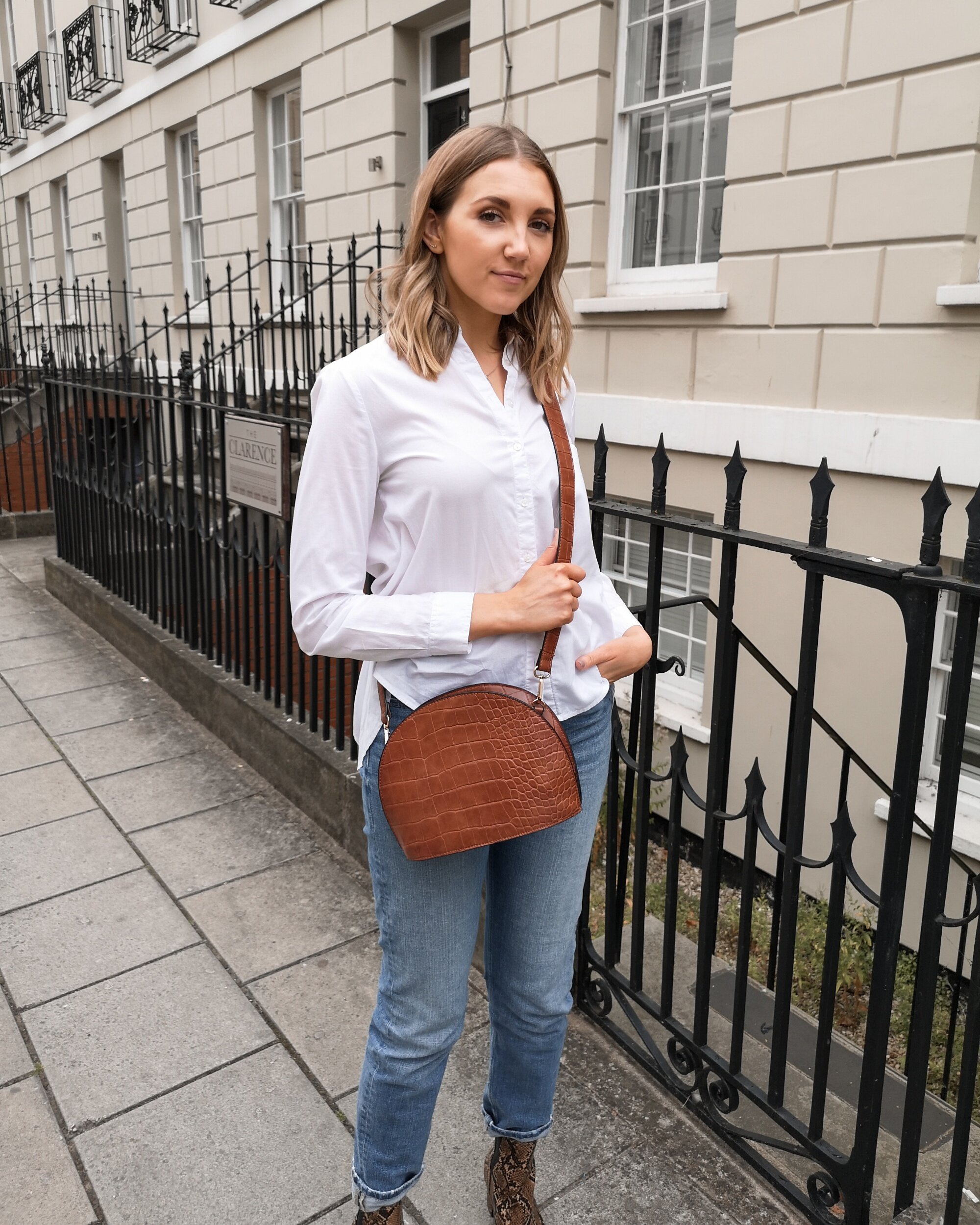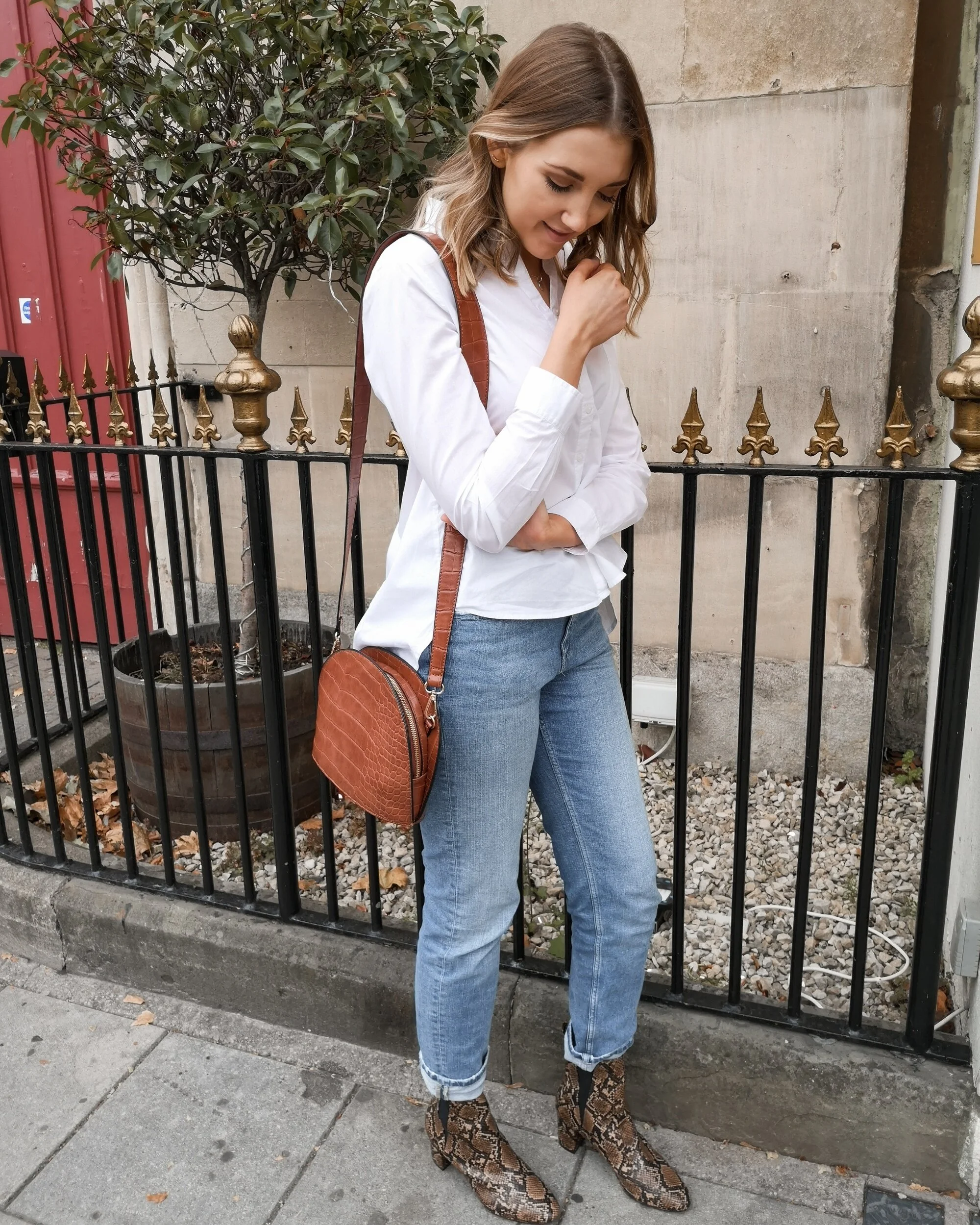How To Stay Informed, Not Overwhelmed
When was the last time you watched the news, honsestly? Or picked up a newspaper? Switched on a radio report or maybe (seeing as it is 2019) scrolled through your prefered news app? Don’t worry, there’s no judgement here. My bet is that most of us will answer that question slightly sheepishly, knowing that despite maybe very good intentions we don’t check the news quite as frequently as we “should”. We don’t tend to be a generation of people who sit down at 10pm every night to watch the headlines like our parents did. Maybe it’s because we know that it’s all at the touch of a finger and so there isn’t the same need to block out a specific time to see what else is going on in the world. Or maybe, in fact, it’s got more to do with the intensity of the 24 hours news cycle, and that the reality is that it can often be harder to avoid the news than you first think and the simplest thing to do is to block it out completely rather than find a middle ground.
At the touch of a button I can find out exactly what is going on anywhere in the world. It’s amazing but it’s also stressful. It means that at the touch of a button, or even less if you have news alerts active on your phone, I can hear about the trauma going on all over the world. The uncertainty of stock markets here or abroad and, of course, the latest crazy thing to come out of Brexit. Whatever it is, it’s there. I’m not for a second saying that it isn’t fundamentally a good thing that news is now more accessible to more people in more ways than ever. I fully believe that we all have a responsibility to be aware and informed of the world around us, I did a politics degree after all. But whereas our parents generation may have needed to block out time as it was the only news they could get, we can now be bombarded all day long. Whilst sometimes that can be a great thing, more often than not your phone will be pinging to tell you something that does very little to brighten your day.
I don’t think ignorance is the way forward. I don’t subscribe to the school of thought that if the news is too stressful for you then you should simply ignore it entirly forever. Burying our heads in the sand never got us anywhere and never made any of these situations any better, in fact it’s what got us into many of these situations in the first place. That said, on top of everything else that is going on in our ever-busy lives, sometimes that extra ping of your phone that tells you about someone else’s suffering or instability in your own government can just feel like a little too much. Like anything in life, there has to be some kind of balance. A way to stay informed and hold people to account whilst also drawing boundaries to protect your own well-being. So how do we make sure we’re consuming the news but in a mindful and constructive way?
Firstly, turn off all of your notifications. People survived for decades without instant news and if something that big happens you’ll hear about it. Instead, just select a time each day (I tend to spend 10 minutes on my lunch break) scrolling through the headlines on a new website that you trust to give unbiased coverage. I like the BBC or Independent for this.
Next up, work out how best suits you to get hold of the news. There are plenty of tools that can deliver the information to you in a way that works, from podcasts to daily news bulletins to setting up your Alexa to read you the headlines whilst you make your morning coffee. There are countless options but some of my favourites are the SheerLuxe Daily Briefing emails and their weekly summary podcast. They deliver concise and relevant bulletins but explain everything in an easy to understand way, without feeling patronising. Their podcast sums but the most important news stories from the week each Thursday. Sign up to their daily briefing here or their podcast here. The BBC is also a great place to head to, if like me, you can start to get a bit confused when all the jargon starts and you suddenly realise you missed the start of a very important and ongoing news story.
It’s important to remember that staying up to date with current affairs isn’t just a case of watching the headlines. It’s also about taking the time to understand some of the issues in more depth, something that I hoestly do not do enough. Discovering The Guardians 'Today In Focus’ podcast has really helped me to overcome this though. Each day they cover a topic, with in-depth interviews, for 20 minutes on a issue that is relevant to our lives in one way or another. Their investgation into the impact of middle-class cocaine use and why many Saudi princesses flee their husbands were both totally eye opening and were a stark reminder of why it’s so important that we listen to the stories of people who are outside our normal circles.
Striking the balance between feeling informed and overwhelmed can, in itself, feel a little overwhelming at time. With so much information available to us there can be a real pressure for us to feel like experts in everything but we don’t need to be. Instead we all just have the duty to stay informed and be aware of the world around us. Algorithms are increasingly dictating what we read and what we see so it’s more important than ever that we seek out the news that we can trust and use these resources to make better decisions.




